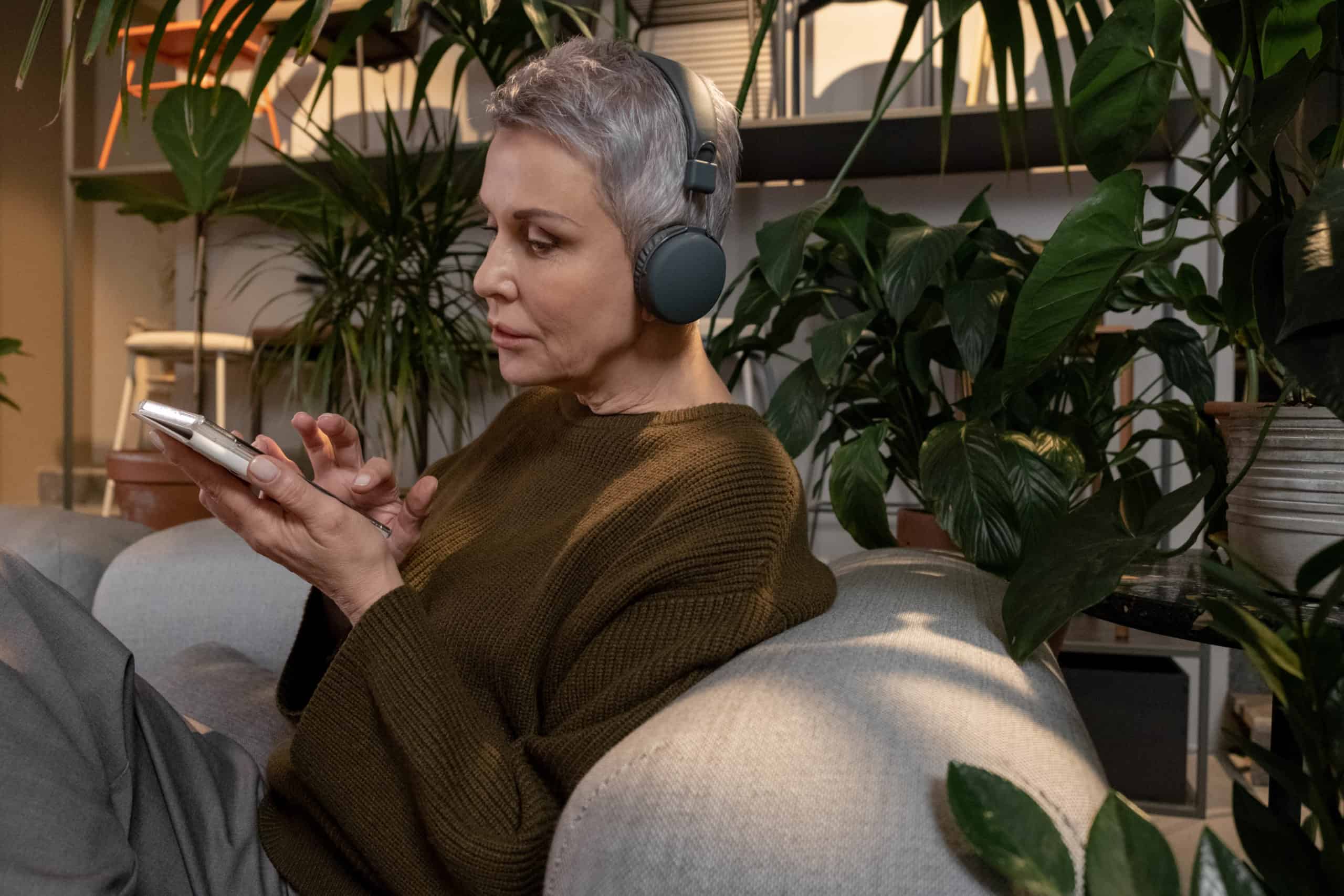Innovative Tips To Allow Our Seniors To Live Independently Include Advances In Assistive Technology
Does your family include a senior loved one? Are you noticing increasing dependency? Pegasus home healthcare professionals in Ventura and elsewhere offer these tips to help your senior live independently.
In general, personal independence means being in control of one’s life. Independent individuals make their own decisions. They don’t rely on others.
Few people, even in the prime of their lives, have total independence. Most people have to modify their decisions for work, family, or economic considerations. As individuals age, their ability to control their lives is decreased by declines in physical and mental health.
Neither you nor your senior loved one are capable of doing everything you used to do. So what is your loved one still able to do? Prepare to set aside your own notions of their capabilities.
Independence Isn’t The Same For Everyone
Start by talking with your senior about what independence means to them. Do your best to discover what will maintain or increase their sense of control in their life. Are they willing to accept some help in caring for themselves?
It’s essential to understand in what parts of their life they’re losing their independence. Based on talking with them and your observations, evaluate changes in their:
- Emotional reactions: Do they become angry or irritated without apparent cause? Will they accept home healthcare in some areas to preserve independence in other areas? Are they exhibiting signs of depression?
- Physical: Are they having difficulty with tasks they used to do easily? Have they lost energy? Do they have difficulty getting up from a seated or prone position?
- Social: Living with pandemic restrictions has curtailed everyone’s social life. Try to distinguish whether your senior is isolated by choice rather than circumstances. Do they respond positively to phone calls or other contacts from family or friends? Are they too depressed to reach out to others?
Your challenge is to establish a sense of control for them in each of these areas. This is where talking to them non-judgmentally is the most helpful. If you’re patient and willing to listen, you can help them increase their independence.
Independence Includes Living Safely At Home
Living at home is a priority for nearly everyone. Depending on their abilities, this can mean staying in their own home. It can include living with you,
In either case, safety is the first concern. Few things destroy independence faster than an accident or injury. Falls are particularly debilitating.
You can help your loved one avoid falls by installing adequate lighting in every room. Select from a variety of lighting choices, including motion-activated night lights. Keep flashlights handy in every room.
Clear out clutter. Help your senior organize their possessions. It’s common for accumulated objects to create safety hazards.
You may have to modify the arrangement of furniture or change other parts of the home. Kitchens often need to be reorganized. Installing grab bars make bathrooms much safer.
Modified Tools And Accessories Preserve Independence
A few changes can enable seniors to continue with activities they are used to doing. Look for accessories that can make caring for themselves easier. Being able to attend to their grooming and personal hygiene preserves dignity and independence.
If your loved one wants to help with the housework, purchase lightweight tools. Consider appliances that minimize bending, stretching, or twisting. Specialized tools that make gardening or outside chores safer and easier are available.
Technology Increases Independence
The elderly may not have grown up with all the technology on which you may rely. That does not mean they can’t make use of technological innovations. As one “human care” developer points out, seniors have learned to use new things all their lives.
The key in introducing your loved one to technology is to begin with something that excites them. That can often include interaction with others, which is especially important in these days of pandemic isolation. Any device that enables connection with friends and family leads to acceptance of technology and greater independence.
Although communication is vital, myriad technological advances serve other purposes. Consider dinnerware in colors that stimulate appetites and shapes that make eating easier. Or utensils made for individuals with Parkinson’s and other conditions that cause their hands to tremble.
Smart glasses designed for individuals with vision-impairments such as macular degeneration increase their mobility. Voice-activated personal assistants such as Echo are useful for physically impaired individuals. Assistive technology like these examples reduces your loved one’s dependence on help from others.
Teach your senior how to use a smartphone, tablet, or laptop if they aren’t already doing so. Download apps that can make their life easier or safer, then learn to use them together. Look for the apps that provide solutions that increase or improve their independence.
Pegasus is a licensed Home Care Organization and a Joint Commission Accredited Home Health Care organization. Our home healthcare services in Ventura and our other locations are tailored to meet individual requirements. We are dedicated to helping your senior loved one live safely and independently at home.

